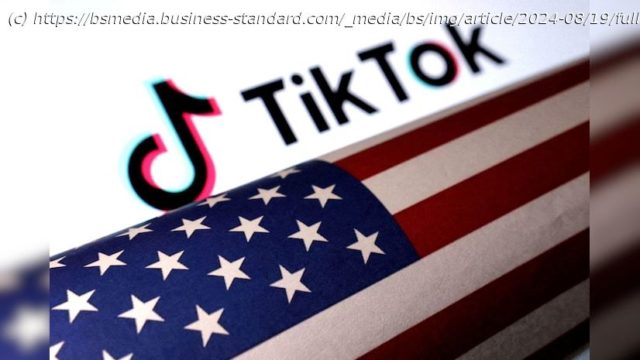More than a dozen states and the District of Columbia filed lawsuits against TikTok on Tuesday, saying that the popular short-form video app is designed to be addictive to kids and harms their mental health.
They’ve chosen profit over the health and safety, well-being and future of our children », California Attorney General Rob Bonta said at a news conference in San Francisco. « And that is not something we can accept. So we’ve sued.
The latest lawsuits come nearly a year after dozens of states sued Instagram parent Meta Platforms Inc. in state and federal courts for harming young people and contributing to the youth mental health crisis by knowingly and deliberately designing addictive features that keep kids hooked on their platforms.
Keeping people on the platform is how they generate massive ad revenue, District of Columbia Attorney General Brian Schwalb said in an interview. But unfortunately, that’s also how they generate adverse mental health impacts on the users.
The legal challenges, which also include Google’s YouTube, are part of a growing reckoning against social media companies and their effects on young people’s lives. In some cases, the challenges have been coordinated in a way that resembles how states previously organised against the tobacco and pharmaceutical industries.
TikTok, though, is facing an even bigger obstacle, as its very existence in the US is in question. Under a federal law that took effect earlier this year, TikTok could be banned from the US by mid-January if its China-based parent company, ByteDance, doesn’t sell the platform by then. Both TikTok and ByteDance are challenging the law at an appeals court in Washington. A panel of three judges heard oral arguments in the case last month and are expected to issue a ruling, which could be appealed to the US Supreme Court.
In its filings on Tuesday, the District of Columbia called the algorithm dopamine-inducing, and said it was created to be intentionally addictive so the company could trap many young users into excessive use and keep them on its app for hours on end.






